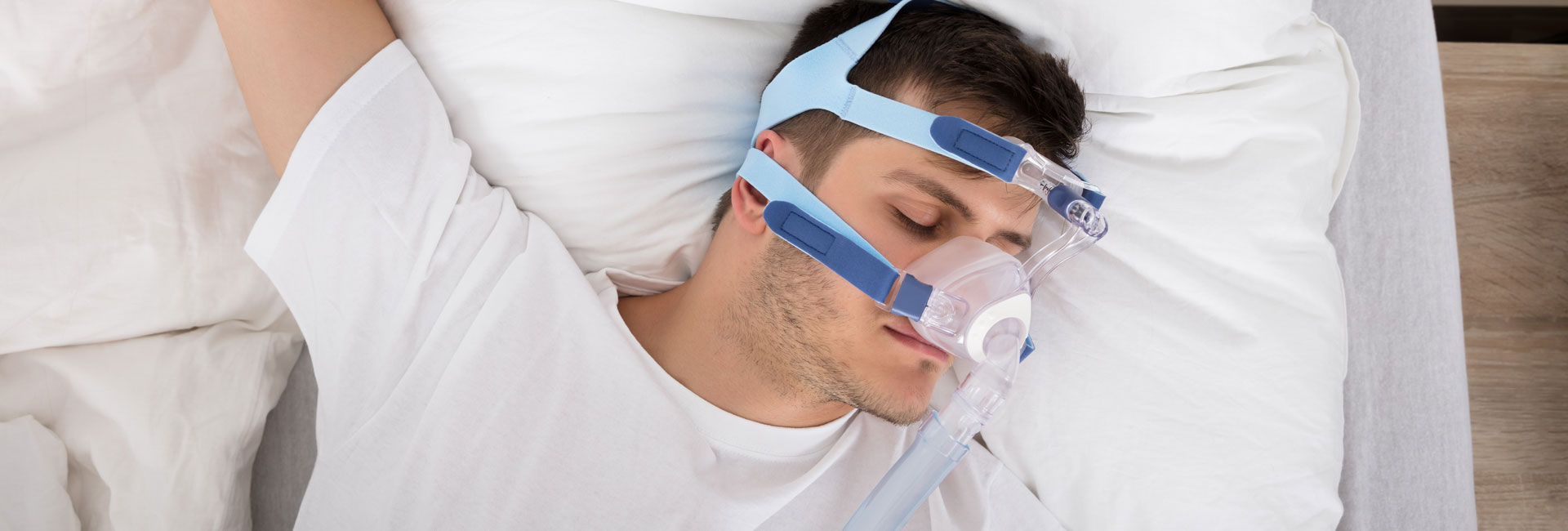In many cases, traditional sleep apnea treatments using an oral appliance may be all you need to enjoy a good night’s rest and better health. But if those treatments are unsuccessful, call Avanti Dentistry at (703) 952-0663 for a visit with our dentists. Dr. Farshad Farhoumand and associates can tell you more about surgical obstructive sleep apnea treatments in Tysons Corner, Virginia.
Sleep apnea is a type of sleep breathing disorder that occurs when the airways are blocked. This condition is characterized by interruptions and pauses in breathing patterns. Interruptions may occur multiple times each night, and in some cases, they can last for up to a minute, disrupting the flow of oxygen to your brain. If untreated, sleep apnea can cause or contribute to a number of serious health problems, including heart disease, stroke, high blood pressure, weight gain, behavioral or mood disorders, excessive daytime drowsiness, and problems with the central nervous system, immune system, digestive system and hormone production. Some common signs of sleep apnea include:
- Snoring
- Extreme daytime fatigue or drowsiness
- Insomnia
- Headaches and migraines in the morning
- Waking with a dry or sore throat
- Depression, irritability and personality changes
- Gasping or choking sounds or sensations
While we always seek to provide the most conservative treatments possible, more severe cases of sleep apnea may require surgical intervention to resolve. Surgical treatment options for this condition include:
- Uvulopalatopharyngoplasty (UPPP) — UPPP is one of the most common procedures for sleep apnea. This treatment works by removing excess tissue from the soft palate and pharynx to prevent them from collapsing and blocking your airways.
- Laser-Assisted Uvulopalatoplasty (LAUPP) — This surgical procedure is performed with a laser and is similar to UPPP.
- Radiofrequency Ablation (RFA) — This treatment works to reduce the size of the tongue and other soft tissues that may block airflow to the lungs. Radio-frequency probes may also be used to tighten the soft palate.
- Palatal Implants — This treatment works by implanting small plastic rods into the soft palate to make it stiffer and prevent it from blocking your airway.
- Jaw Surgery — By repositioning the upper and lower jaw, the size of the airway can be increased and adjusted so that air can flow easily.
For more information about surgical sleep apnea treatment and to schedule a consultation with our experienced dentists, please contact our office and speak with a member of our team.










